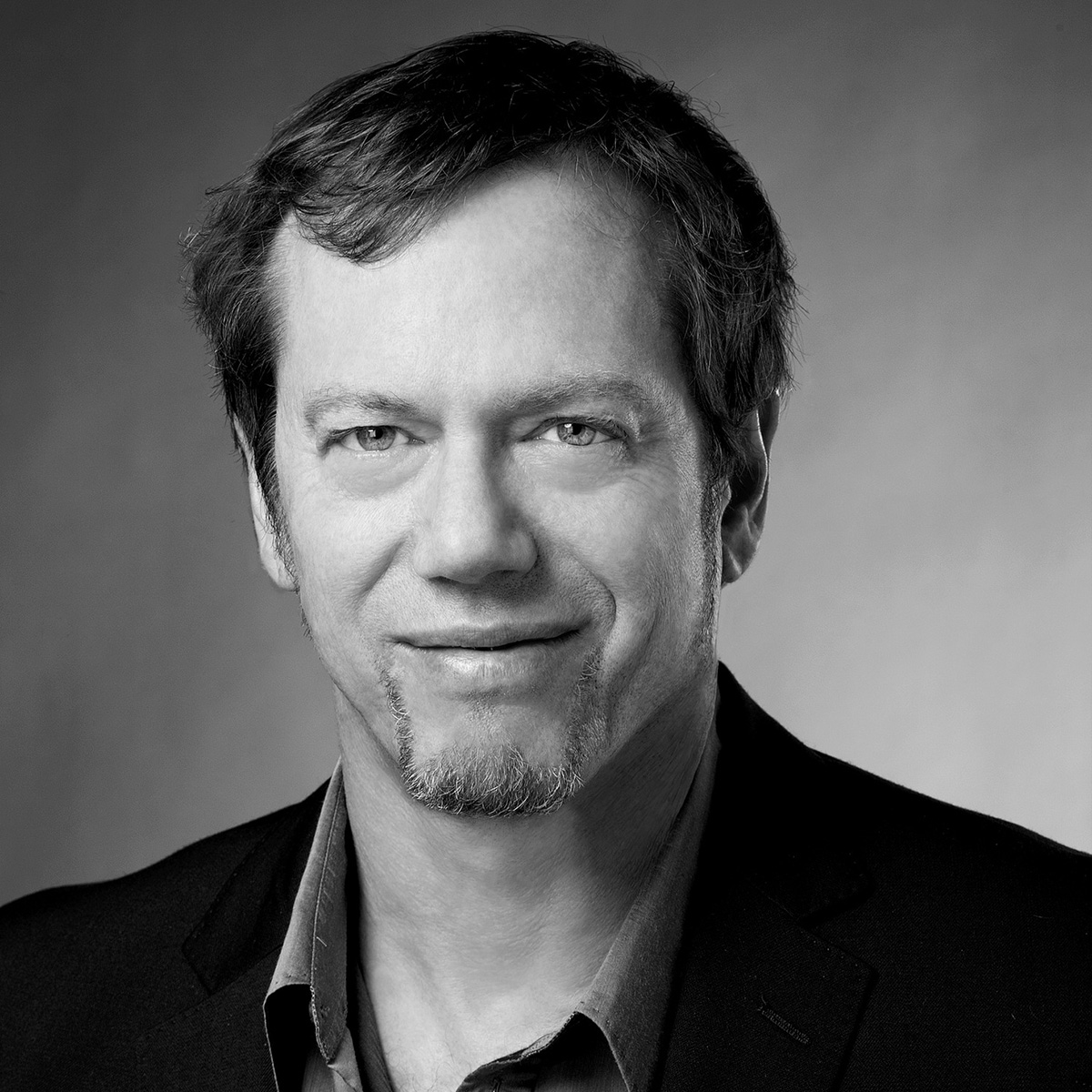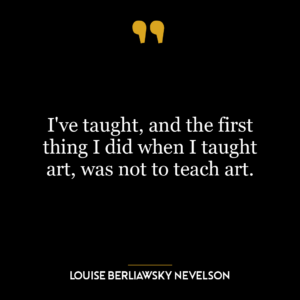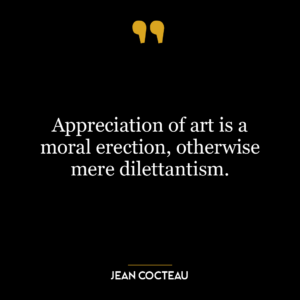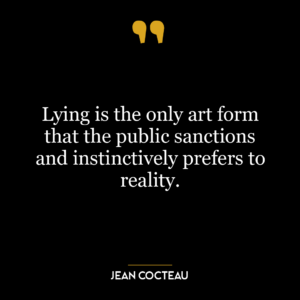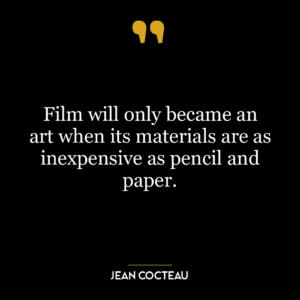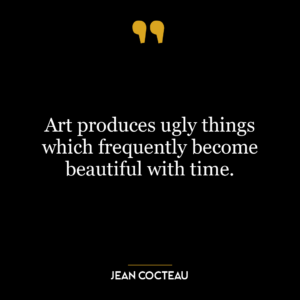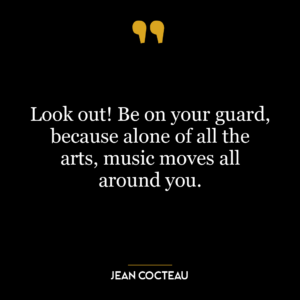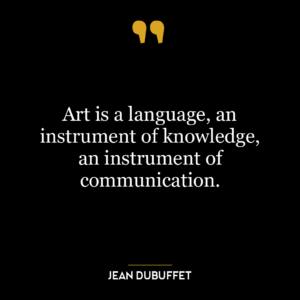This quote suggests that deception, or the act of making someone believe something that is not true, is not just a natural human behavior but a refined skill that has evolved with civilization. It implies that as societies have grown and become more complex, so too have the methods and techniques of deception. The quote also posits that deception is the most powerful tool in the pursuit of power, suggesting that those who can effectively deceive others often have an advantage in achieving their goals.
The quote can be understood on multiple levels. On one hand, it can be seen as a commentary on political and social power dynamics. Leaders, politicians, and influential figures often use deception as a means to gain and maintain power. This could be through propaganda, misinformation, or manipulation of public opinion. In this context, the ability to deceive is an important skill in the ‘game’ of power.
On a more personal level, the quote could be seen as a reflection on interpersonal relationships. In our daily interactions with others, we often use deception to protect ourselves or to get what we want. This could be as simple as telling a white lie to avoid hurting someone’s feelings, or as complex as constructing a false persona to gain someone’s trust.
In today’s world, this quote is particularly relevant given the prevalence of fake news and misinformation on social media. The ability to deceive others has become a powerful weapon in the political sphere, with leaders and influencers using it to manipulate public opinion and control narratives.
In terms of personal development, understanding the role of deception in human behavior can help us navigate social interactions more effectively. By recognizing when and why people might be deceiving us, we can better protect ourselves from manipulation. Conversely, understanding the power of deception might also lead us to question our own behaviors and motivations, and to strive for honesty and authenticity in our interactions with others.



